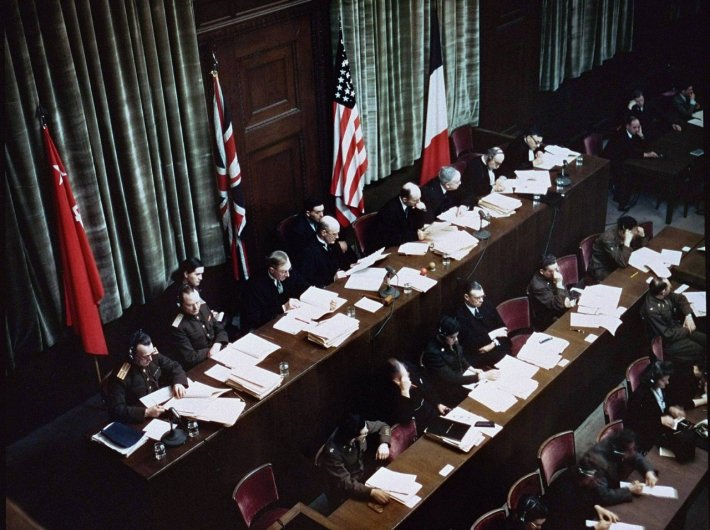Why we need a law to deal with politicians and bureaucrats who stoke “genocidal” policies and never get hauled up for want of a progressive legislation
Raphael Lemkin's discourse on genocide followed by a UN debate on issues like Nazi offences against Jews, the sordid tale of Bosnian Serb aggression against Bosnian Moslems, and details of the Jewish Holocaust had exposed me to such crimes against humanity in my student days. Incidentally, when I joined the Indian Police Service and was allotted the Bihar cadre, I was faced with commonplace crimes like murder.
I was then faced with extermination of entire families. This hit me harder than murder per se. Yet, I soon realised that as a policeman, I couldn’t be reacting differently as the offence fell in the same “label” called murder. The sociological damage caused was definitely graver but it made little difference to the Indian criminal jurisprudence system.
It suddenly dawned on me that, I, as a part of the State machinery that wielded weapons ranging from Lathi to LMG, was being used to curb the opposition of groups of citizens against the State. I would at times wonder whether or not this phenomenon lay within the ambit of Lemkin's definition of genocide? The trained policeman would pop up to counsel: “Your job is to follow law.”
Later in my career, I witnessed two distinct phenomena which, conceptually, I thought had similarities with the picture Raphael Lemkin’s discourse created – Naxalism and the scourge of kidnapping/Rangdari that Bihar had witnessed in the last decade of the previous century. Both caused a mass exodus of specific classes of persons and this specificity was not limited to sociology, but extended to economy as well.
Genocide has not even been defined in Indian law though India is a signatory to the Convention in the Assembly at the International level. Refusal of the Indian criminal jurisprudential ethos to respond to changing milieu of the crime of murder showed how obstinate our law-framing bodies can become. The approach to the problem at the International level, as opposed to our domestic law, is seriously dichotomous.
The debate kept raging within me. With time, I had convinced myself that the motive behind genocide, whether State-sponsored or otherwise, is at the core of the problem guided primarily by economic reasons. It may appear to be sociological but that's only superficial.
At a senior level where I could influence and guide State policy in matters of criminal justice, I tried invoking the Prevention of Money Laundering Act to check the phenomenon of Naxalism. It is an irony that while our criminal justice system has agreed to check black money at the domestic level after agreeing with it at an International level, it refuses to take a similar stand for genocides ensuring that many a present-day Holocaust are still clothed in the primitive labels of IPC.
If our law-making bodies become progressive enough to envision and enact laws against “genocide”, such governments who pass unauthorised governing principles to control crime will also become liable under law just as the State Heads are at the international level.
Perhaps we are at the crossroads of such a law as never before. I sincerely hope that this law comes up with a really wide ambit that encompasses politicians and bureaucrats in power who stoke such “genocidal” policies and never get hauled up for want of a progressive legislation.
Nazi leaders had created and executed a horrendous policy which the international community held as crimes against humanity. If a parallel is drawn and law is created such that “genocide” is given a wide definition and a proper court is created to try executive policy makers and officers at the helm whether done avowedly or otherwise, it will deter unscrupulous politicians in power and their bureaucrats who push their “unauthorised” public policies and get away with it with impunity while their juniors get punished for violation of IPC offences.
At present, such people feel that they can be judged only at the people's court while the bureaucrats hang on to the coattails of politicians and try to sail through after committing the genocidal crimes which ideally require “Nuremberg” trials.
Abhayanand, IPS (retired), is former DGP of Bihar.
